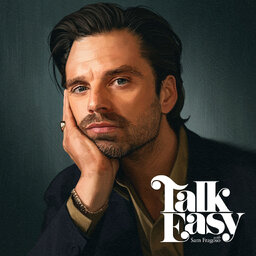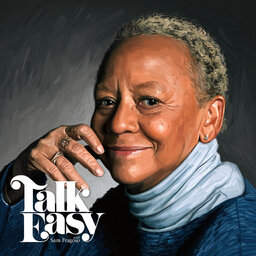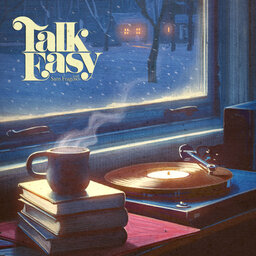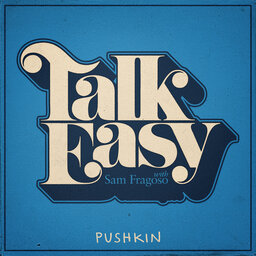Author and Critic Hua Hsu (The New Yorker) ‘Stays True’
One year ago, The New Yorker staff writer and critic Hua Hsu published his singular memoir entitled Stay True. Earlier this May, the autobiography won a Pulitzer Prize.
Upon its paperback release, Hsu joins us to discuss the epigraph that frames the book (5:30) and his nomadic upbringing (9:45) scored by mixtapes (12:23) created by his Taiwanese father (15:14). Hsu then reflects on his arrival at UC Berkeley in the mid-90s (23:09) and how he formed an unexpected bond with a schoolmate named Ken (24:20).
On the back-half, Hsu describes the horrific night that Ken’s life was taken (36:58), the aftermath of this tragedy (40:15), his attempts to make sense of the past twenty-four years in Stay True (46:20), his complicated relationship to memory (49:00) and music (58:30), and how he’s held onto hope (1:03:02) through telling this enduring story of friendship.
In 1 playlist(s)
Talk Easy with Sam Fragoso
Talk Easy with Sam Fragoso is a weekly series of intimate conversations with artists, activists, and…Social links
Follow podcast
Recent clips

The Year of Actor Sebastian Stan (‘The Apprentice’)
1:16:35

Remembering Poet Nikki Giovanni
44:21

Talk Easy in 2024: A Mixtape
58:40
 Talk Easy with Sam Fragoso
Talk Easy with Sam Fragoso